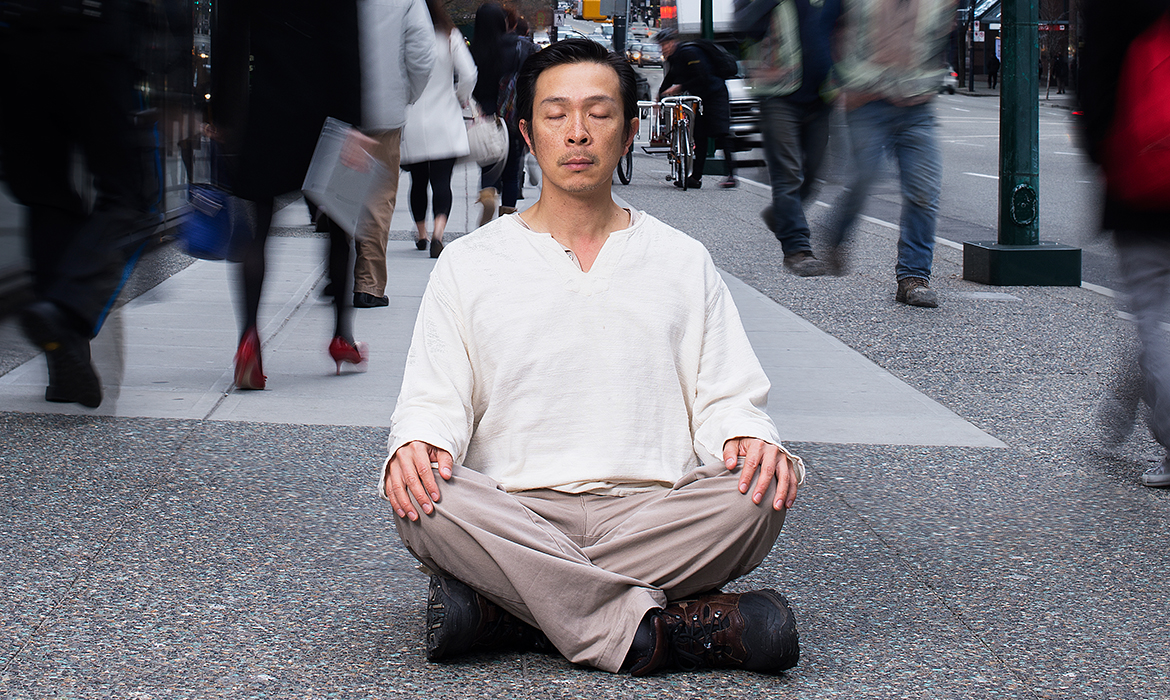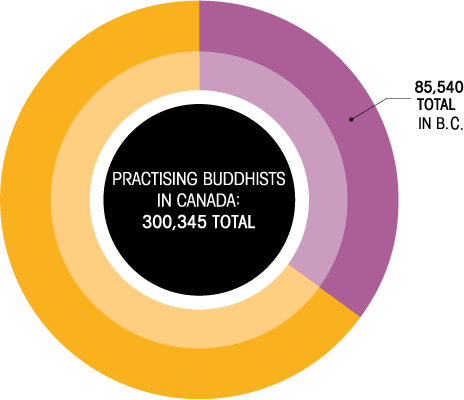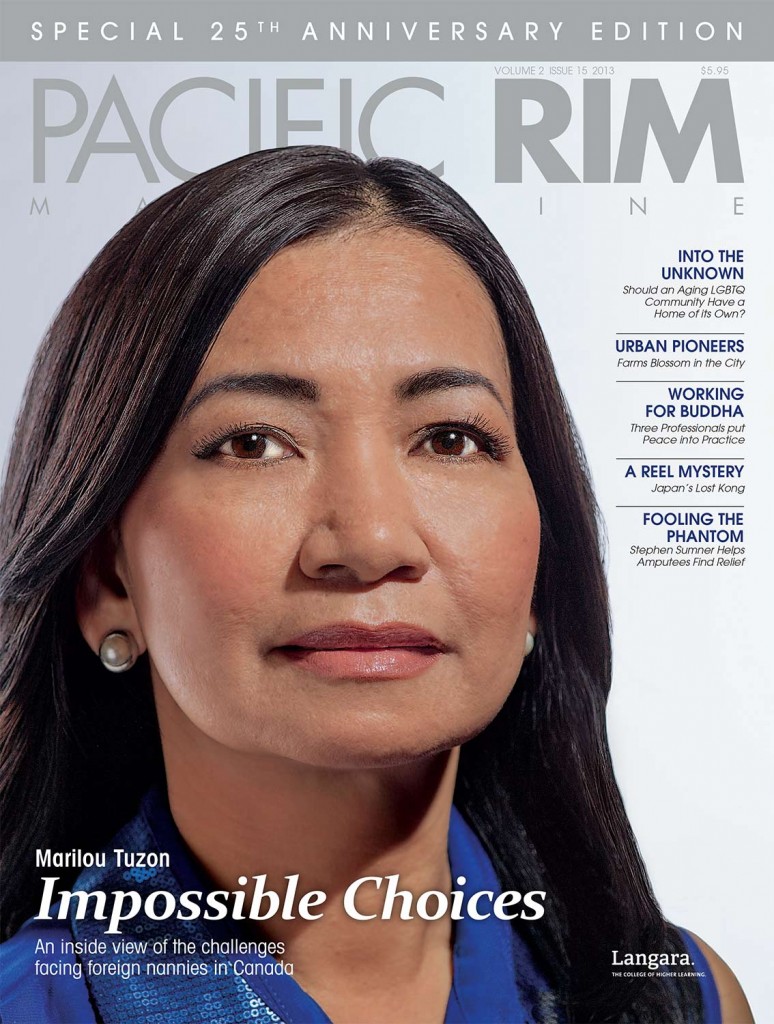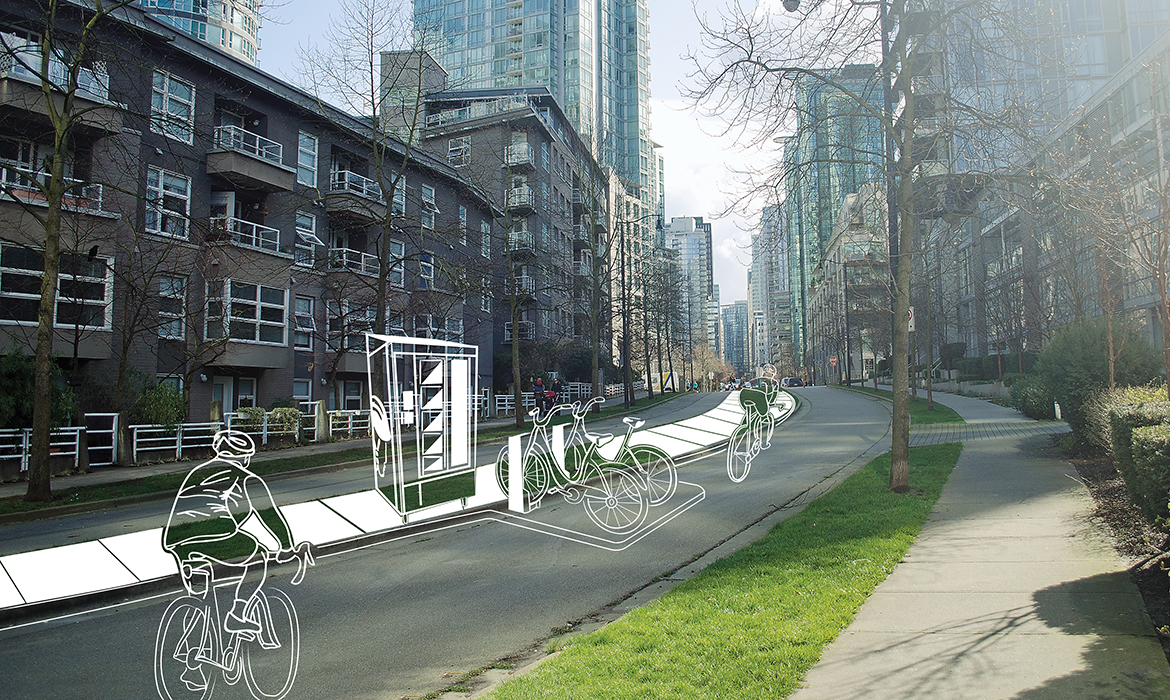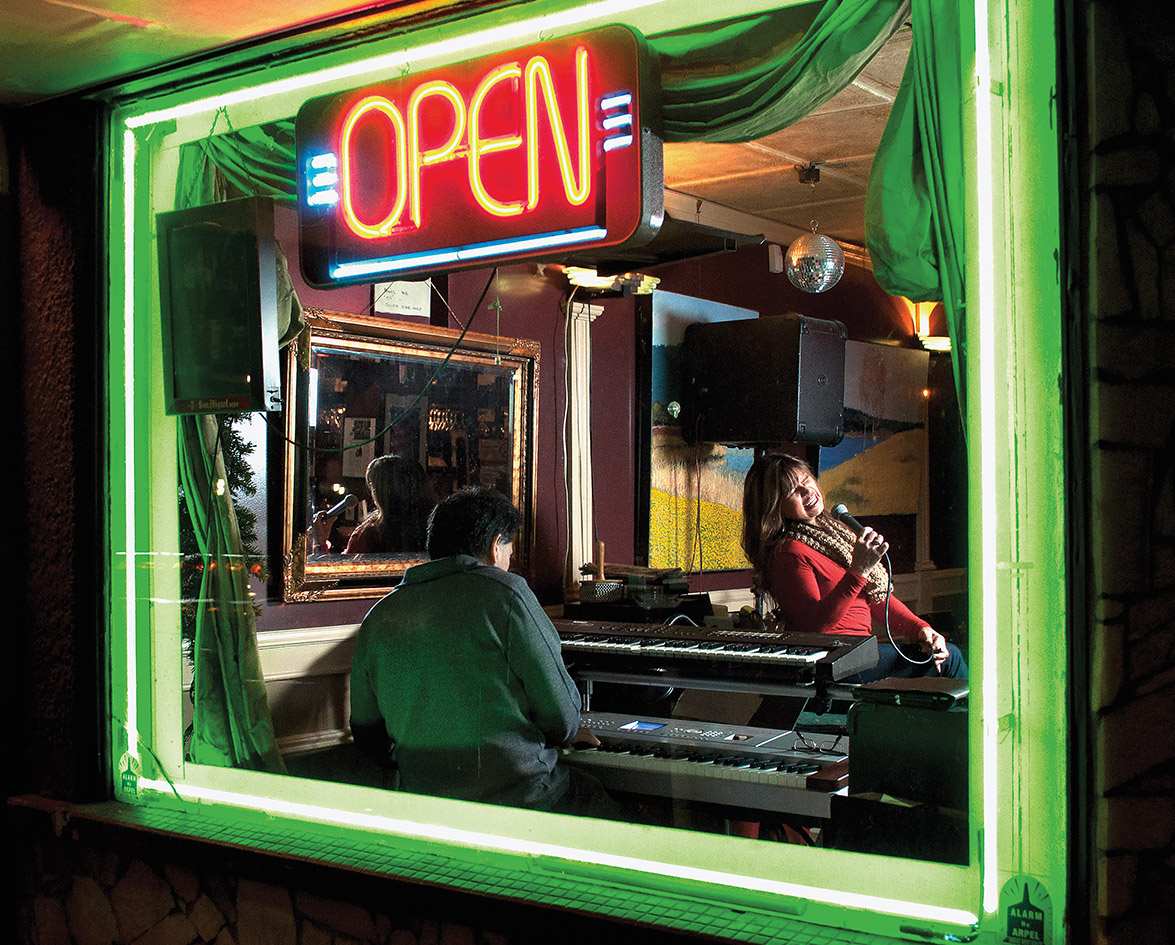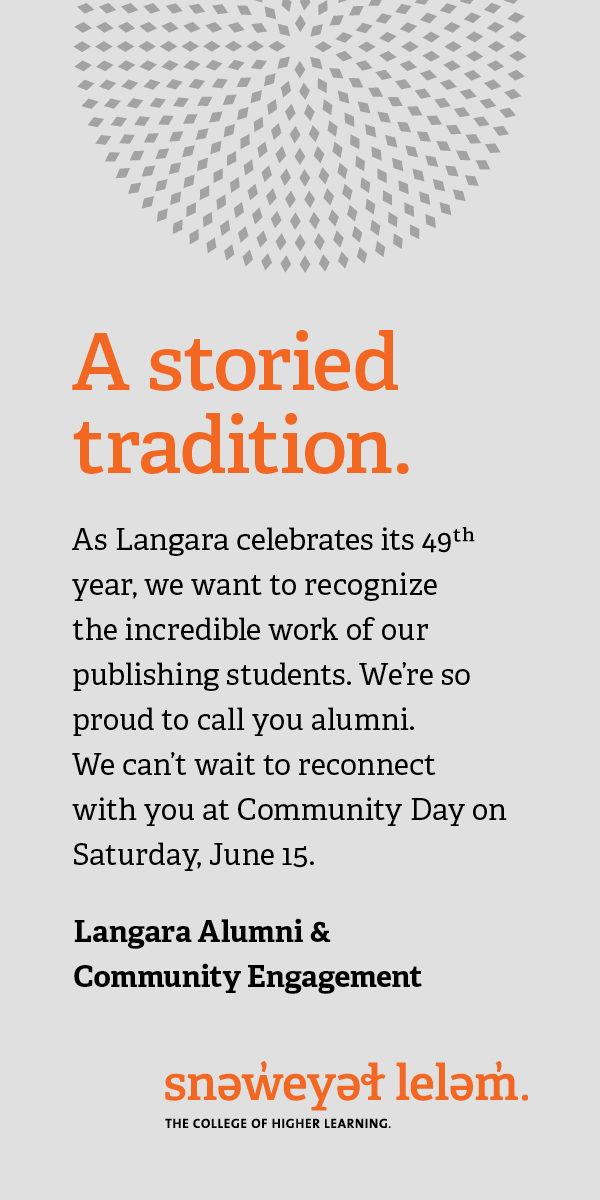It was an epic battle between good and evil, and yet the young prince, Siddhartha Gautama, did not raise a finger against Mara, the wicked one, casting chaotic storms and temptations at him. Instead, Gautama sat beneath an ancient bodhi tree, deep in meditation on his path to understanding suffering. He placed his right hand upon the Earth to witness his defiance of Mara. It was then, underneath that sacred fig tree during a full moon in May, that Siddhartha Gautama became Buddha, ‘the enlightened one,’ and Buddhism was born.
Incorporating Spirituality Into Our Daily Lives
According to the 2004 census on religion, the majority of Canadians ages 15 to 29 and nearly 60 per cent of citizens in British Columbia had no religious affiliation or had not attended a religious service in the past year. In a world becoming more secular each day, many people try to incorporate spirituality into their daily lives, looking to reconnect with their holy selves. Buddhism has progressed outside the traditional confines of temple walls. Sprouting in the most unlikely of places throughout Vancouver, Buddhism has become more of a way of life than a religion. A psychologist, dance teacher, and restaurant owner would normally have little in common, but throw in the teachings of an ancient prophet, and you have a modern twist on religion.
Kai-Lin Yang
Sporting hemp-based clothing and emerald green Crocs, Kai-Lin Yang walks through life with Buddhism close to his heart. A life coach and psychotherapist with an MA in Integral Counseling Psychology and a Registered Clinical Counselor since 2005, Yang has established practices in both Vancouver and Burnaby. Born in Kaohsiung, Taiwan, Yang has incorporated Buddhist and Taoist teachings into his practice and uses self-help principles to motivate his clients to realize their potential.
Yang sits back in his chair, hands gently resting on his lap as he contemplates every question asked. After earning an associate degree in engineering, Yang began to doubt his Taoist and Buddhist upbringing and asked himself where he fit in the world. “When I was younger, I followed what my mom believed, but I didn’t know what I was doing. It was very hard for me to figure out what it was all about.” After enrolling at the California Institute of Integral Studies, Yang knew he had found his calling. “In my program, I relearned and reconnected with my faith and was able to create my own definition of what it meant to be spiritual.” Very much a fusion of Western and Eastern traditions, Yang credits his education in Integral Psychology as “a necessary path to understand the meaning of life.”
I often tell my clients that if they want to live a happier life, they have to, no matter what, not let that voice in their head take over.
Yang works with people of all ages and learns from each one of them. “Most of my clients suffer from anxiety, depression, and relationship issues. I tend to focus a lot on emotions because they connect with our neural system, our bodies, and our memories. When emotions become too intense, they become the master and we become the dog.” However, Yang stresses the importance of love and compassion. “Buddha’s Ultimate Truth is that everything changes and there is only now. The other thing that goes hand in hand with change is that, when it happens, love and compassion become a part of it.”
When asked about the Tibetan amulet hanging from his neck, Yang rubs it as if for good luck. “This was given to me from a friend to ward off evil demons inside, to get rid of that voice that always judges and criticizes us,” he says. “I often tell my clients that if they want to live a happier life, they have to, no matter what, not let that voice in their head take over.”
Kai-Lin Yang is someone who found his connection to spirituality amid the clamour of the city. While helping his clients achieve a happier life, he established his place in the world with a contemporary take on divinity.
Bettina Rothe
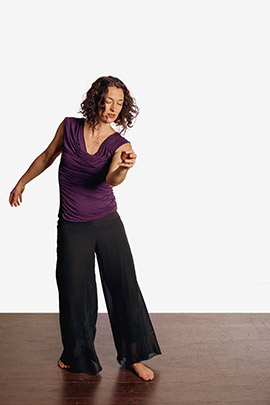
Bettina Rothe is a mother of two with rich auburn hair and a warm smile. Her place of worship is the dance floor. There she transcends rigid ways of thinking and expresses her individuality and freedom through the movement of her body.
Raised just minutes from the Berlin Wall in Germany, Rothe grew up hardwired for success. “My upbringing was very academic, very political. My father was from East Germany and both of my parents were children of the war. I grew up as a go-getter. You go figure out the system and make the system work for you. From a very young age I was programmed to achieve, and that life just didn’t work for me.”
After studying Psychology, Rothe traveled to California to further her studies at Esalen Institute, a community and retreat center focusing on the union between psychology and spirituality. Here she met the late Gabrielle Roth, a teacher she credits for changing her life. “Gabrielle believed that spirituality is not something we do in the closet; it is something we live and breathe and we become. We become the teachings; we become the offerings. Her approach really spoke to me.” In the late 1970s, Roth devised a practice based on erratic dance movement that she named the 5Rhythms, an exercise of the mind, body, and soul. Loosely based on Buddhist meditation principles of breathing and mind-body connections, the program puts the body in motion in order to reconnect with the spirit. When the five rhythms—flowing, staccato, chaos, lyrical, and stillness—come together it is called the Wave, a perfect union of the mind, body, and soul.
“The idea with 5Rhythms is to get out of thinking, because thinking is linked to a very linear way of being, linked to judgements and concepts and systems. The body is timeless and completely in the present moment,” says Bettina Rothe. “We work with big sound systems and electronic music that enable people to get into those alternate states of consciousness. We are a group of people moving together, breathing together, and crying together.”
Upon coming to Canada in 2000 with her husband, Rothe was unable to work for the first two years while her immigration was finalized. So she sought to create a community of her own, one connected through healing and dance. “We started out with one man in 2001, and now our group in Vancouver is massive.”
Spirituality is not something we do in the closet; it is something we live and breathe and we become.
Rothe’s way of life is deeply rooted in Buddhism. “The first thing I do in the morning is meditation to centre myself between Heaven and Earth, in a vertical way, to bring myself back into my own body. I need to start the day knowing that my heart is there; I’m grounded. I’m present and hopefully not stressed out.”
Bettina Rothe, when asked what advice she would have for someone wanting to start a spiritual journey, replies with passion: “I think a lot of people have a big threshold or landmark on what they perceive spirituality is. Start exactly where you are, and start right now. Spirituality is going for a walk and noticing the bird sitting on the tree and just being able to be with that. It is being able to recognize what moves through you at the moment and taking full responsibility and ownership of that.”
Sheila Pan
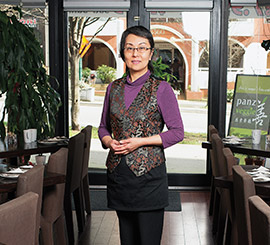
Sheila Pan has been offering delicious vegan cuisine to her guests for the past three years at her restaurant Panz Veggie in Vancouver.
Sheila Pan is the owner of Panz Veggie on Hornby Street in Vancouver. A Taiwanese-born chef, Pan chose to open one of the first Asian vegan restaurants in the city in March 2010. After growing up in the food and beverage industry, Pan brings her own experiences and flavour to Vancouver.
Melodic traditional music flows through the restaurant as Pan prepares for the day. A Buddha statue greets guests as they arrive and, for Pan, serves as a reminder of peace and tranquility. “Personally, I wanted to be with my belief and with my God at all times. There are moments where I lose control for sure, but when I look and see him, I snap out of the state that I shouldn’t be in. I ask him to help me to do better and overcome any hardships that I encounter.”
Pan attributes the opening of Panz Veggie to destiny. “I was brought up by my father in the kitchen. I remember working in his restaurant Shanghai on Robson Street in the 1970s. It’s very funny because since his passing six years ago, all of the technical skills he taught me are coming back. It’s amazing how our brain keeps all of our memories. We don’t forget things.” Pan smiles, “I’ve never operated a restaurant and never managed people before, so where do I get all these skills? Then I realized that everything that my father taught me has led me to exactly where I am today.”
When asked what her most popular dish is, Pan answers: “The bestseller is the Buddha’s Feast.” What is interesting about this meal, and her entire menu in general, is that Pan does not use garlic, onions, shallots, leeks, or chives in any of her dishes. “In Buddhism there are spirits all around you, and those five ingredients chase away the good spirits and attract the bad ones. Garlic gives you an aftermath aura,” she says with a laugh. “You smell like a skunk.”
Typically, Buddhist cuisine advocates vegetarianism, as it follows the teaching of ahimsa, meaning “to do no harm.” With ahimsa, one respects all living beings, so using meat products is generally condemned. However, Pan insists she does not specialize in Buddhist cuisine and that the food she offers is for everyone. “I respect everyone’s beliefs. If you would like it to be Buddhist, sure, make it Buddhist. I am Buddhist. But if you want to make it a healthy, natural meal, then that’s the way it will be.”
Sheila Pan stands tall for a woman of petite stature and has a positivity about her that radiates light. While vegan food may not be everyone’s cup of tea, Pan’s kind smile and story beckons customers from all over the city to try their hand at this truly unique experience. In its three years of operation, Panz Veggie remains a staple on Hornby Street, and Pan could not be happier in what she calls “home.”
Conclusion
Buddhism has greatly evolved since Siddhartha Gautama overcame Mara’s temptations and chose to seek human happiness. Though the modern world may be becoming more secular every day, many North Americans are integrating faith into their careers, transforming tradition and spirituality into a hybrid of new and old. Each day Kai-Lin Yang begins a dialogue with his clients, helping to alleviate their anxiety and depression through inspiring counsel. Every morning Bettina Rothe meditates before making her way into the studio to instruct a rhythmic dance exercise that sets spirituality in motion. Across the city Sheila Pan makes her way to Panz Veggie, hoping to provide an authentic vegan experience to entice locals. Three Canadians, three Buddhists, and three professionals, all live and breathe Buddhism each day by incorporating aspects of the religion into their trade.





